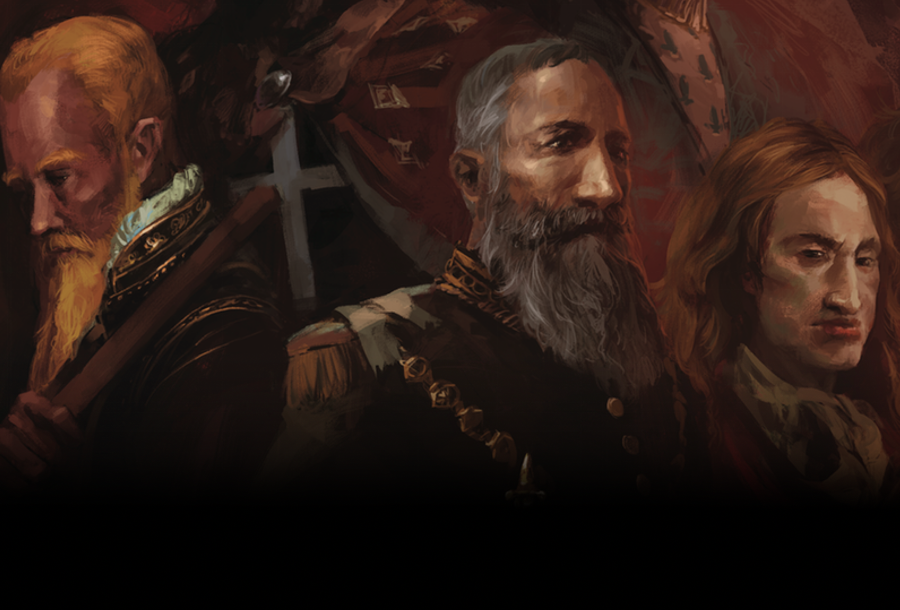A blood-curdling countdown of history’s deadliest monarchs
Subscribe to All About History now for amazing savings!
In this day and age it’s quite difficult to imagine the sheer power that kings and queens once wielded over their subjects. In many ways these monarchs were more similar to modern dictators than the regents that we know today. Murder was often a means to a political end, while crimes of passion would rarely be met with any immediate consequences.
Whether through violent fits of rage or cold calculation, these ten kings ensured that the pages of history books dedicated to them were written in blood, but which of them takes the crown as the deadliest?
10. AETHELRED II
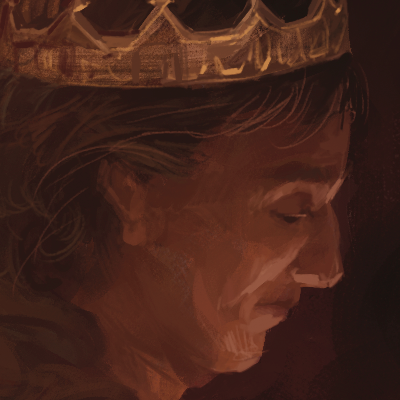
Aethelred’s tenure as king of England led to the inglorious epithet of Aethelred the Unready. However, a better translation of the moniker would be ‘ill-advised’, as it is generally agreed that the counsel Aethelred received was little and poor.
Although he was too young to have been complicit in the murder of his older brother (Edward the Martyr), who was killed after having been on the throne for only two and a half years, the crime was carried out by those loyal to him in order that the younger sibling would take his place. This meant that there was a lot of mistrust surrounding the young monarch and, as the reputation of the murdered boy grew after his death, it would become increasingly difficult for Aethelred to unite his subjects.
And the necessity for a united British army was urgent with a renewed threat from the north. The Danes had recommenced raids along England’s coast, breaking the treaty they had made with Aethelred’s father, Edgar. After the English suffered a serious defeat at the Battle of Maldon in 991, Aethelred began paying tribute to the Danes in return for peace. However, the Danes were hard to appease and had restarted hostilities by 997.
Finally, in 1002, Aethelred reached breaking point and took drastic action. On 13 November he issued an order that all Danes in England should be executed, calling it “a most just extermination”. It was an indiscriminate attempt at a show of strength that claimed the life of Danish leader Sweyn’s sister, Gunhilde, and Sweyn invaded in retaliation, leading to Aethelred’s downfall.
9. LOUIS I
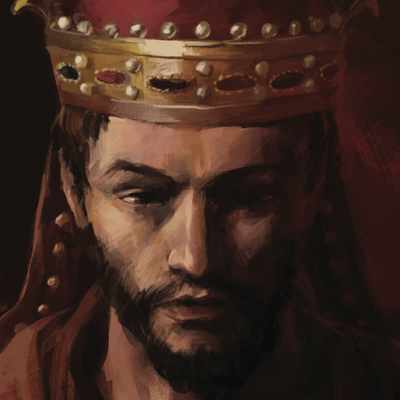
Louis the Pious was, in many ways, as sensible a leader as his nickname would suggest. His father, Charlemagne, appointed him king of Aquitaine at the tender age of three. He became king of the Franks and emperor of Rome upon his father’s death in 814 and decided that, in order to avoid any diplomatic issues, any of his unmarried sisters would be packed off to nunneries.
When Louis nearly died in an accident in 817, he decided to ensure that, should he suddenly expire, there would be a neat plan of succession to set out who ruled what in the Frankish empire. He confirmed that his nephew Bernard would remain the king of Italy, but the will described his son Lothair’s position as ‘overlord’, implying that Italy would be submissive to him. Needless to say, the wording of this document did not please Bernard and, spurred on by rumours that Lothair was to invade, he set about preparing a rebellion.
However, word quickly reached Louis I of Bernard’s plan and the king immediately took an army to confront his errant nephew. Bernard was shocked by the speed of the king’s reaction and went to try and negotiate, before being forced into surrender. It’s here that Louis’ place in this list of murderous kings is assured…
He sentenced his nephew to death, before deciding that he should be blinded instead – a punishment that was apparently merciful. However, the procedure was not entirely successful. As a result, while Bernard was indeed blinded, he spent two days in unbearable pain before dying anyway. Three civil wars would follow but the legacy of this killing would haunt the deeply religious ruler for the rest of his life.
8. CHARLES II of Spain
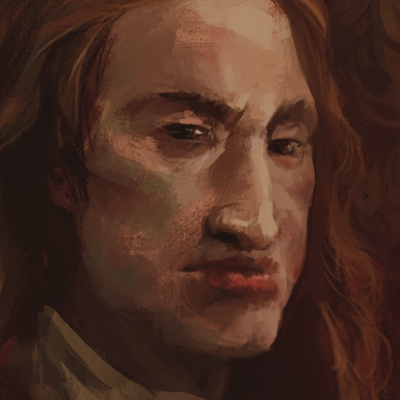
The reason for Charles II’s reputation as a bloodthirsty king is very much rooted in his heritage. He was the last of the Habsburg line – a lineage that was so devoted to preserving the purity of its bloodline through inbreeding that it eventually led to a man like Charles. Disfigured, infertile and cursed to spend his life suffering from various illnesses, the king was in a similar amount of mental anguish.
Charles II’s condition was no secret among the European court. He was just three years old when the throne became his and his mother, Mariana, became queen regent, designating much of the work of governing the country to advisors.
His mother remained regent long after Charles could have taken kingship himself, but it was decided that such a move would be unwise. A struggle for power began when Mariana was exiled, and Don Juan José (Charles’s half-brother) took responsibility for the country and the king.
Charles’s illness was grotesquely misunderstood at the time – interpreted as a sign that the king was probably bewitched; he would even undergo an exorcism in the final years of his life.
His worst crime was the 1680 auto-de-fe (display of public penance and executions) in Madrid, during which many heretics were burned. Charles II attended the trial and burnings, though the executions were probably ordered by someone else. A blood-soaked reign, but a misunderstood one.
7. CHARLES II of Navarre
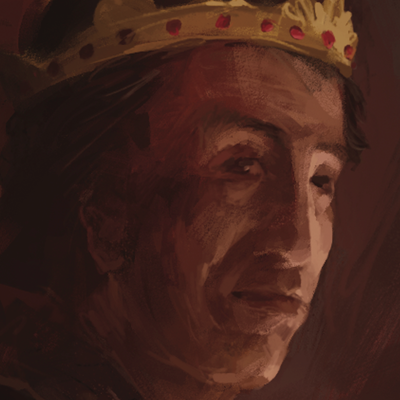
Charles II believed that the kingdom of Navarre was far too small for a man with such a noble lineage as his and spent his life trying to wheedle his way to a more important status. He ordered the assassination of the Constable of France in 1354 and made a deal with the English, forcing the French King John II to make peace.
John grew tired of his treachery and finally arrested him in 1356, only for Charles to be broken out in 1357. When John II agreed to a peace treaty with the English, Charles II freed all the prisoners in Paris. With the city on the verge of revolution, Charles U-turned and took the opportunity to lead the aristocracy at the Battle of Mello and the subsequent massacre of the rebels.
He blindly swore patriotism and honour while consistently reaching out to the opposition in the hope of a better deal. His meddling in the war between Castile and Aragon proved disastrous and he staged being captured to avoid having to participate. Towards the end of his life he tried to convince English king Edward III to invade and overthrow Charles V, as well as being involved in two attempts on Charles’s life. When his scheming with Gascony against Castile went wrong, Navarre was invaded in 1378 and he was forced to agree to an alliance with Castile and France. He burned to death in 1387, allegedly when the sackcloth filled with brandy he was bathing in caught fire.
6. HEROD I
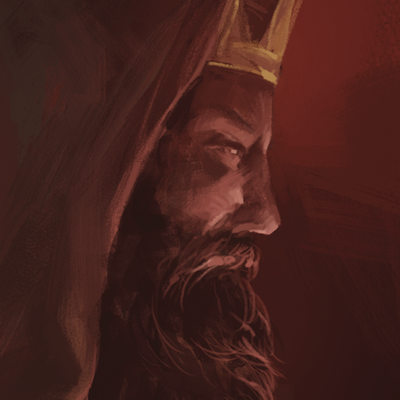
There are many who would claim that King Herod committed his most heinous deed with the Massacre of the Innocents. However, the story of the slaughter of all boys in Bethlehem under the age of two is only found in the Bible; there are no historical records from the time detailing such an atrocity. Herod’s crimes were much more personal.
In fact, Herod was an excellent ruler of Judaea. Having obtained the position after being forced to flee Galilee when the Palestinians had reclaimed their land, he strengthened his kingship when he divorced in order to marry Mariamne, which pacified a leading sect of Jewish priests (the Hasmoneans). However, as time went by, it became clear that Herod was not well.
He was prone to fits of mental instability, which made his fierce love for his wife all the more dangerous. At one point, before leaving for a political expedition, he ordered that Mariamne should be executed if he didn’t return because he couldn’t face the idea of her being with another man. His jealousy was used by his sister, Salome – who despised Mariamne – to convince Herod that his wife was plotting against him. Mariamne was executed in 29 BCE, and Herod – believing that their two sons, Alexandros and Aristobulus, would try to take revenge for their mother – had both their children killed in seven BCE. Two years later, Antipater – Herod’s only son by his first wife – was also executed for the same reason.
Read part 2, kings five through to one now
Originally published in All About History 3
Subscribe to All About History now for amazing savings!

